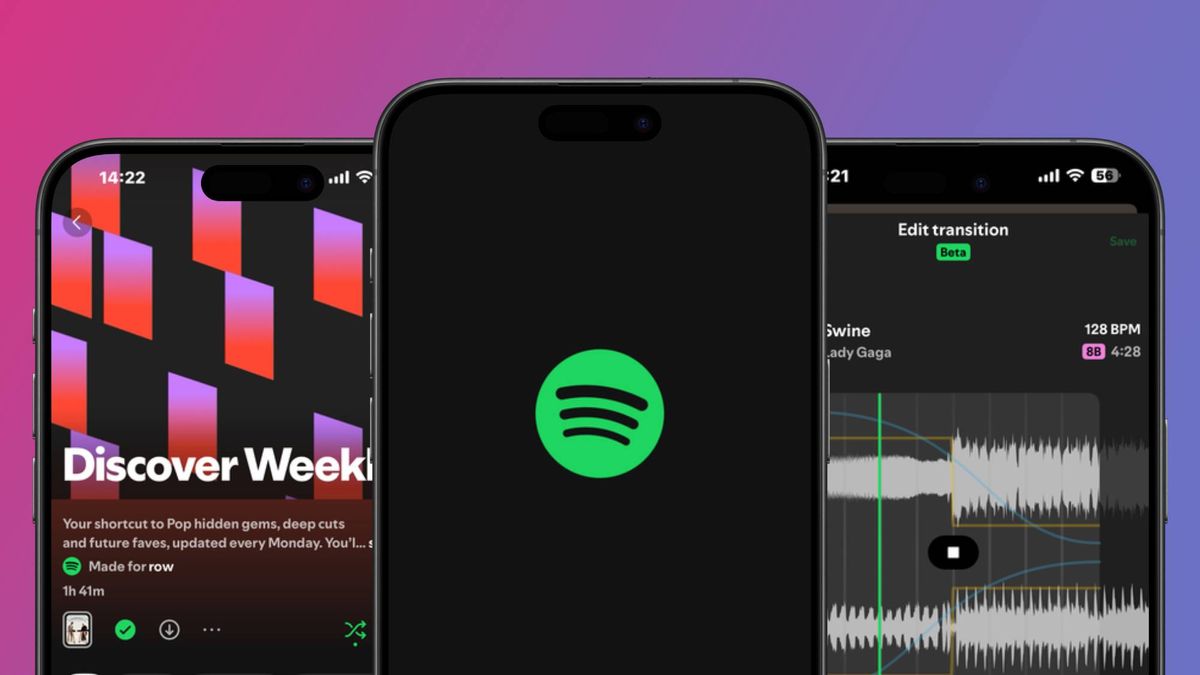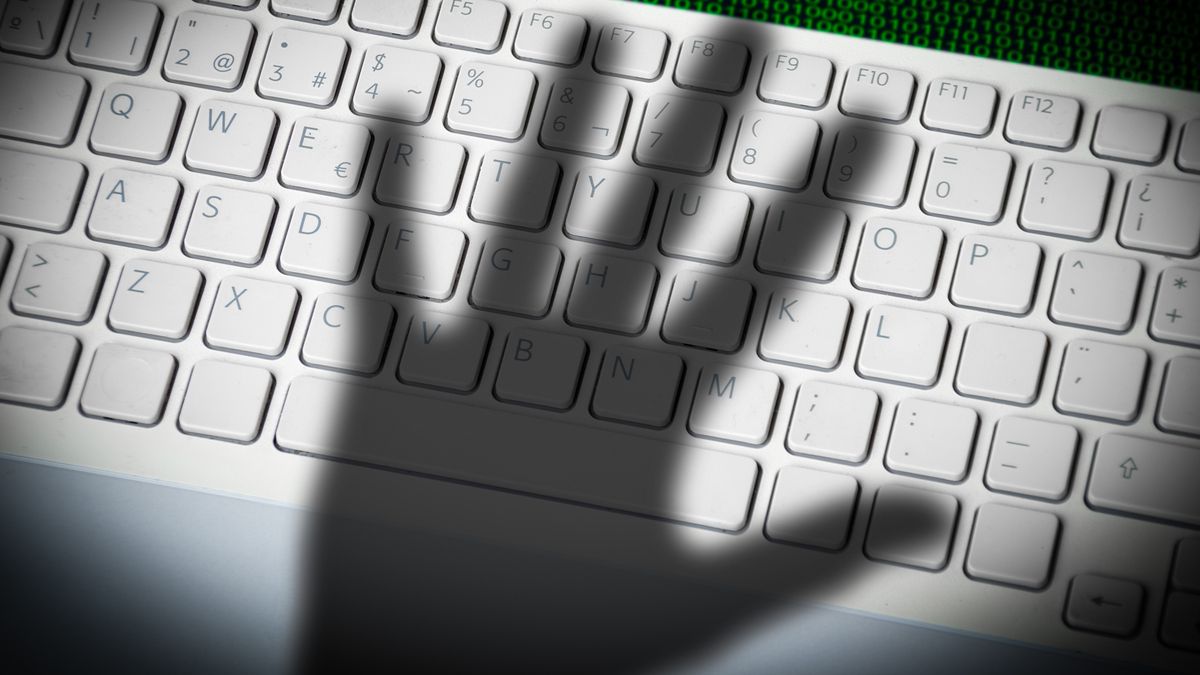As President Donald Trump's tariffs on imported goods from nearly 200 countries went into effect today, experts say you should expect to pay more for your next iPhone.
"The cost of iPhones and everything around that are going to go up the next couple of weeks," said Ryan Reith, group vice president for IDC's Worldwide Device Tracker suite, which includes mobile phones, tablets and wearables.
China, where Apple produces most of its products, saw the largest tariff hike with a cumulative 104% increase this year. Apple has started to move some of its manufacturing to other countries, but those countries were also hit with tariffs today.
And while experts don't expect costs to rise on a 1-to-1 basis with tariffs, you should expect significant increases.
"Trump is playing hardball with China, which is unsettling on many levels," Patti Brennan, certified financial planner and CEO of Key Financial, said in an email. "As for Apple, expect the prices to double for their products."
But it's unclear exactly how much of an impact the tariffs will actually have on prices. If rising prices cause demand to plummet, experts noted that Apple and other producers could reduce their prices to stay competitive.
If you're in the market for a new Apple device or an imported gaming system, like the Nintendo Switch 2 or PlayStation 5 Pro, here's how tariffs could raise prices, and what you should do to prepare.
Read more: Apple Shoppers Are Reportedly Panic Buying iPhones Amid Looming Tariffs
How much could iPhone prices go up with tariffs? We do the math
If the full cost of tariffs is passed on to shoppers, we'd see a 104% increase in prices on Apple products produced in China. Apple has moved some of its production to other countries, including India and Vietnam. But they were each hit with their own tariffs last week -- Vietnam saw a 46% tariff hike and India a 26% increase.
Here's how it could affect the cost of an iPhone if the full tariffs were applied strictly based on where the products are manufactured:
How much an iPhone price could increase with tariffs
| Current price | China (104%) | India (26%) | Vietnam (46%) |
| $ 699 | $ 1,426 | $ 881 | $ 1,021 |
| $ 799 | $ 1,630 | $ 1,007 | $ 1,167 |
| $ 599 | $ 1,222 | $ 755 | $ 875 |
| $ 799 | $ 1,630 | $ 1,007 | $ 1,167 |
| $ 999 | $ 2,038 | $ 1,259 | $ 1,459 |
| $ 1,199 | $ 2,446 | $ 1,511 | $ 1,751 |
But there's a lot more that goes into the price of an iPhone than simply where it's manufactured. Apple sources components for its products from a long list of countries, all now facing new tariffs. And a tariff on goods doesn't necessarily mean prices will go up by the same amount. If companies want to stay competitive, they could absorb some of the costs to keep their prices lower.
Will other tech products also see price hikes?
Smartphones aren't the only devices expected to see prices increase because of tariffs. Best Buy and Target warned consumers last month to expect higher prices for everything, after the latest round of tariffs went into effect. February's tariff hike had already prompted Acer to announce that it was raising prices on its laptops.
Apple announced a $100 price cut on its new MacBook Air last month, a day after the last round of tariffs took effect. In what was widely viewed as an attempt to persuade Trump to "carve out" an exemption from the latest tariffs, Apple announced in February that it would spend more than $500 billion in the next four years to expand manufacturing operations in the US.
"They already committed $500 billion to US manufacturing, and there was no carve out for Apple," Brennan said. "They will have to pass along most of these costs to consumers."
However, regardless of the exact amount, expect tariffs to translate into higher prices for consumers. That means the tech you use every day, like imported smartphones, tablets, laptops, TVs and kitchen appliances, could get even more expensive this year.
What's going on with tariffs?
Trump announced a 10% baseline tariff on all imports plus "reciprocal tariffs" on imports from more than 180 countries April 2, which he dubbed "Liberation Day." He's long touted tariffs as a way to even the trade deficit and raise revenue to offset tax cuts, although many economists say that tariffs could lead to higher prices and may end up hurting the US economy. Stock prices plummeted after Trump's announcement as markets reacted poorly to the sweeping tariffs.
Trump has taken an especially hard stance on China, which was already subject to tariffs that Trump ordered during his first term in office. He announced a 34% tariff on goods from China last week, then a 50% additional tariff this week when China responded with its own tariffs on US products. He imposed 20% in levies on China since February.
Tariffs, in theory, are designed to financially impact other countries because their goods are being taxed. Tariffs are paid by the US company importing the product, and this upcharge is usually -- but not always -- passed on to the consumer in the form of higher prices.
Should you buy tech now to avoid tariffs later?
If you were planning on buying a new iPhone, gaming console, MacBook or other tech, buying it now could save you money.
But if you don't have the cash on hand and plan to use a credit card or buy now, pay later plan just to avoid tariffs, experts say to make sure you have the money to cover the costs before you start accruing interest. With credit cards' average interest rates currently more than 20%, the cost of financing a big purchase could quickly wipe out any savings you'd get by buying before prices go up because of tariffs.
"If you finance this expense on a credit card and can't pay it off in full in one to two months, you'll likely end up paying way more than a tariff would cost you," said Alaina Fingal, an accountant, founder of The Organized Money and a CNET Money Expert Review Board member. "I would recommend that you pause on any big purchases until the economy is more stable."
One way to save on Apple products, even if prices go up, is to buy last year's model instead of the newest release.
"If you aren't planning to upgrade in the next year, there is no need to rush out to buy a new smartphone," Shawn DuBravac, chief economist at IPC, a manufacturing trade association, said in an email. "Technology is naturally deflationary, meaning that over time performance goes up and prices generally go down for products of similar quality."









 English (US) ·
English (US) ·